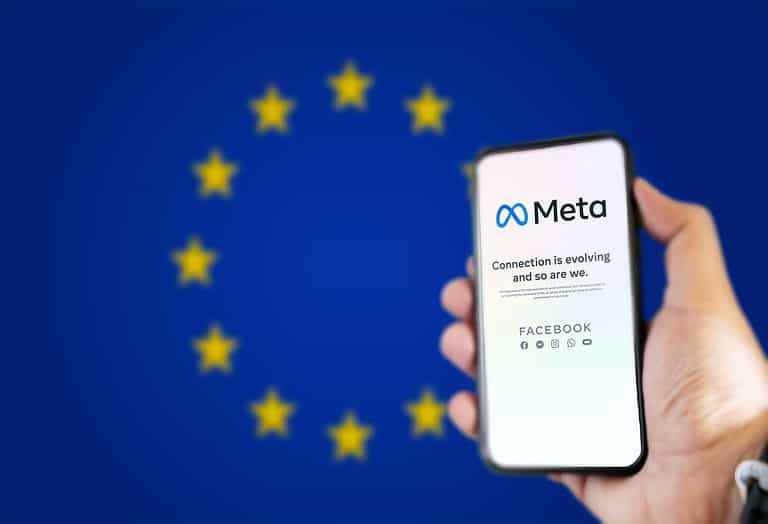Meta plans to nearly halve the price of its data-tracking-free subscription in the European Union. This move will allow Meta to comply with the regulations of the European DMA and clarify how it may use (tracking) data from its end users to sell ads.
According to Reuters, Meta is lowering the price of a data-tracking-free subscription for its services from 9.99 euros to 5.99 euros per month per account and 4 euros for each additional account.
With the new proposal, Meta is clearly trying to comply further with the DMA’s provisions, particularly regarding the use and tracking of end users’ personal data for advertising.
The DMA mandates that the gatekeepers covered by the laws and regulations must obtain consent from end users to track their data for advertising purposes. It should also be clear how easy it should be for end users to grant or withhold consent.
This also applies to the Digital Services Act (DSA), under which the Meta platforms Facebook and Instagram fall. Moreover, under the DMA and DSA, the social media company must meet the requirements of the GDPR.
Meta’s option
Currently, using Meta’s services tracking-free without a subscription is impossible, but the tech company will apply the consent principle. This was after the European Court of Justice determined that a previous temporary “opt-out option” still violated the GDPR.
Meta subsequently developed a consent option that allows users to choose between free use of Meta services with data tracking and tracking-free use for a fee. By seeking to lower the price of the latter subscription in the EU, Meta appears to want to further comply with the DMA’s provisions.
Privacy advocates not satisfied
Privacy advocates do not yet see Meta’s move as fully meeting the DMA’s requirements for tracking user data to sell ads. According to them, the price cut still ensures that 99.1 per cent of users consent to the tracking of their user data.
Speaking through advocacy group Noyb, these organizations argue that the GDPR requires users to give consent but that the whole “pay or ok” model that Meta now has in place always lets users choose to give consent to track their data anyway. It’s not the price cut that is the issue, but the current flawed model.
In a response to Techcrunch, the European Commission says that the way Meta responds to the DMA, including the consent or payment model used by the social media company, is currently under investigation. The investigation is being handled by Europe’s central privacy regulator, the Irish regulator DPC.
Also read: Big Tech tries to make developers and users pay for DMA costs
